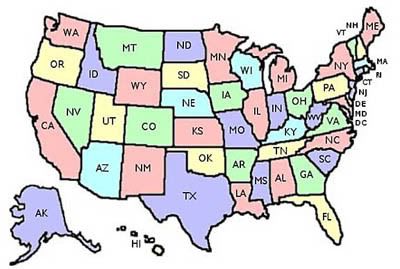It's no surprise that many of the problems mentioned are those commonly experienced during adolescence: peer pressure, school pressure, drugs, teen pregnancy and of course, parents. These answers, however, were rarely their first response. In nearly every place we went, their biggest challenge was related to their identity as Latinos. Stereotypes, prejudice and discrimination were described as the root of many of the other problems they face such as gangs and violence, low self-esteem and lack of social networks, and its impact on their ability to succeed. These negative perceptions of Latinos were also very real to them at church.
There was a very interesting dynamic between the western and eastern United States. In the east, where there is a majority of 2nd, 3rd and 4th generation Hispanics, youth ministry programs focused a great deal on providing pastoral care. The kids were very grateful and proud of their programs but they were also aware that there was a perception among some in their parish communities that they are "troubled" kids. They often felt uncomfortable and not welcome. In fact, some tried to avoid those situations by only participating in youth ministry activities and not going to mass.

In the west, where a majority of Hispanics are recent immigrants, it was more about the lack of support received and the difficulty of developing relationships cross culturally, especially when you share different cultural values.
One thing that was common to all the Latino teens is that their parents don't understand them. They feel that their parents' understanding of what it is to be an adolescent and Mexican or Puerto Rican, Dominican, Colombian, Ecuadorian... is so far from their reality. They feel very misunderstood by their parents. And, not to give anything away, but they are. In a later blog I'll get into the parents' discussion. On the flip side, these teens have a keen understanding of their parents. They don't appreciate how parents use Catholicism as a form of discipline or the amount of pressure they receive to succeed. Yet, they understand that their parents may not be around as much because they have to work in order to provide a better life for them. They feel the impact but are also grateful for what their parents are doing for them. They want their parents to be happy. The challenge is balancing what their parents want for them with what they want for themselves. Isn't it always?
I'm going to stop here. Don't forget to check in next Tuesday. I'll be sharing with you the solutions that this wise group of Latino teens offered in order to overcome some these challenges. In the meantime, let me know what you think.


No comments:
Post a Comment